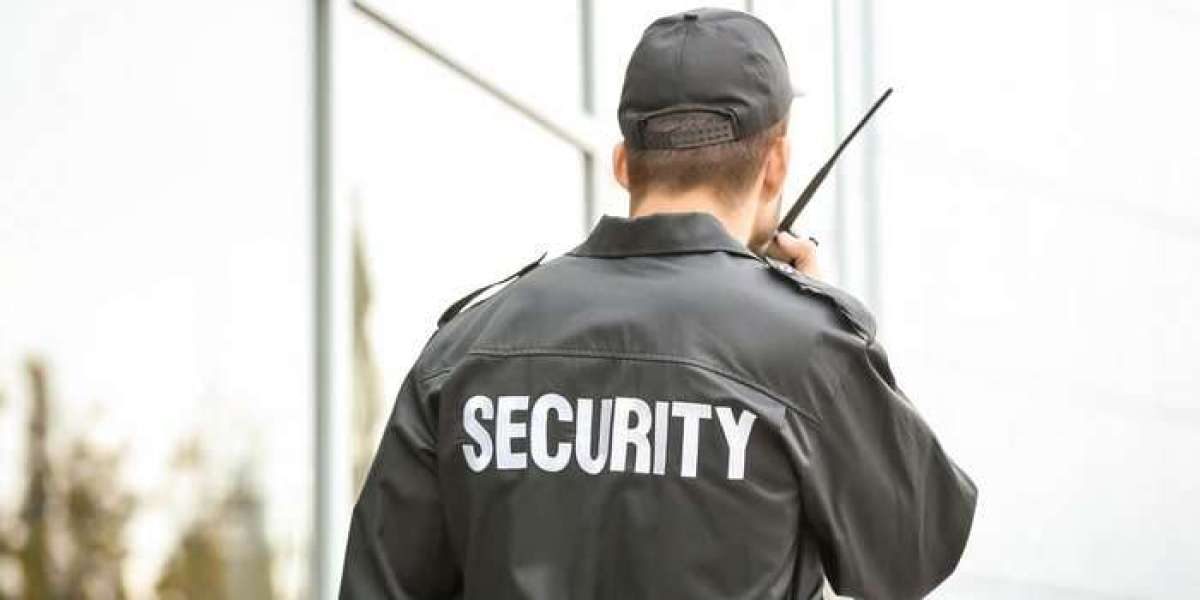Industrial facilities are critical to the economy, supplying goods, raw materials, and services that keep businesses and consumers functioning smoothly. However, these facilities often face security challenges such as theft, vandalism, unauthorized access, and even potential safety hazards. To mitigate these risks, hiring trained security guard professionals is essential. Their presence ensures not only the protection of assets but also the safety of employees and operational continuity.
The Growing Security Threats in Industrial Facilities:
Industrial sites, including manufacturing plants, warehouses, and distribution centers, are prime targets for criminal activities. The value of raw materials, finished products, and expensive machinery makes them attractive to thieves. Additionally, industrial facilities may be vulnerable to sabotage or corporate espionage, especially in competitive industries. With the rise in workplace violence, internal theft, and external security threats, having a trained security team is no longer optional but a necessity.
The Role of Trained Security Guards:
A well-trained security guard goes beyond just monitoring a facility. Their responsibilities include controlling access points, conducting security patrols, responding to emergencies, and enforcing company policies. Trained guards are skilled in de-escalation techniques, crisis management, and emergency response procedures, ensuring they can handle various situations effectively. Their presence alone acts as a deterrent, reducing the likelihood of criminal activities.
Preventing Theft and Vandalism:
One of the most significant concerns for industrial facilities is the loss of valuable materials and equipment due to theft. Trained security guards can prevent unauthorized individuals from accessing restricted areas, reducing internal and external theft. Vandalism is another serious issue, as damaged machinery or infrastructure can result in operational downtime. Security personnel can monitor surveillance systems, perform routine inspections, and respond swiftly to suspicious activities, minimizing risks.
Enhancing Workplace Safety:
Industrial facilities often involve heavy machinery, hazardous materials, and complex workflows, all of which pose potential risks to employees. Security guards are trained to identify safety hazards, enforce compliance with safety regulations, and assist in emergency situations such as fires, chemical spills, or medical emergencies. Their vigilance helps prevent workplace accidents and ensures that employees adhere to safety protocols.
Emergency Response and Crisis Management:
Industrial facilities must be prepared for emergencies such as fires, natural disasters, or security breaches. Trained security guards are equipped with the skills to handle such crises efficiently. They can coordinate evacuations, provide first aid assistance, and liaise with law enforcement and emergency services. Their quick decision-making in high-pressure situations can save lives and prevent extensive property damage.
Managing Access Control and Visitor Screening:
Controlling who enters and exits an industrial facility is crucial to maintaining security. Trained security guards ensure that only authorized personnel have access to restricted areas, reducing the risk of unauthorized intrusions. They also monitor visitor activity, check identification, and maintain logs to track movements within the facility. This level of control prevents potential security breaches and maintains the integrity of sensitive operations.
The Psychological and Operational Benefits of Security Guards:
The presence of security professionals provides peace of mind to employees and management. Workers feel safer knowing that trained personnel are available to handle any security-related concerns. Additionally, a secure environment boosts productivity, as employees can focus on their tasks without worrying about potential threats. From an operational standpoint, security guards help enforce company policies, prevent workplace conflicts, and ensure that daily operations run smoothly without disruptions.
The Importance of Continuous Training:
Security threats are constantly evolving, and so should the skills of security personnel. Continuous training ensures that security guards stay updated with the latest security protocols, emergency response strategies, and technological advancements in surveillance and access control. Facilities that invest in highly trained security personnel benefit from improved protection and efficiency.
Final Thought:
Industrial facilities play a crucial role in economic growth and development, but they also face significant security challenges. Hiring trained security guard professionals is a proactive approach to mitigating risks, preventing criminal activities, and ensuring a safe working environment. Their expertise in threat detection, emergency response, and access control makes them indispensable assets to any industrial facility. Investing in skilled security personnel not only safeguards assets but also promotes a secure, efficient, and productive workplace.



